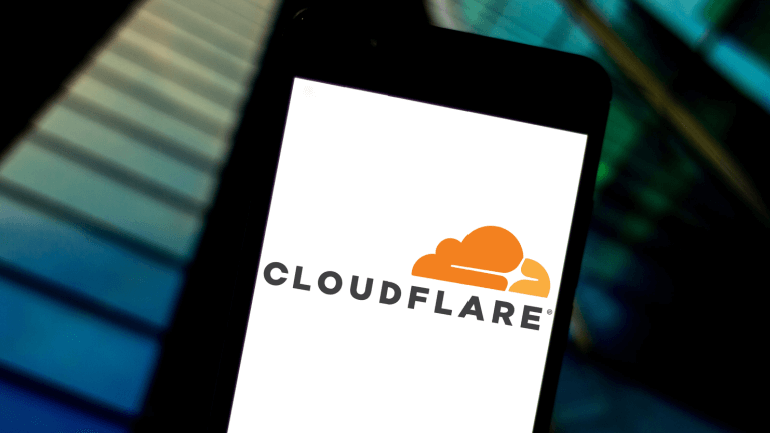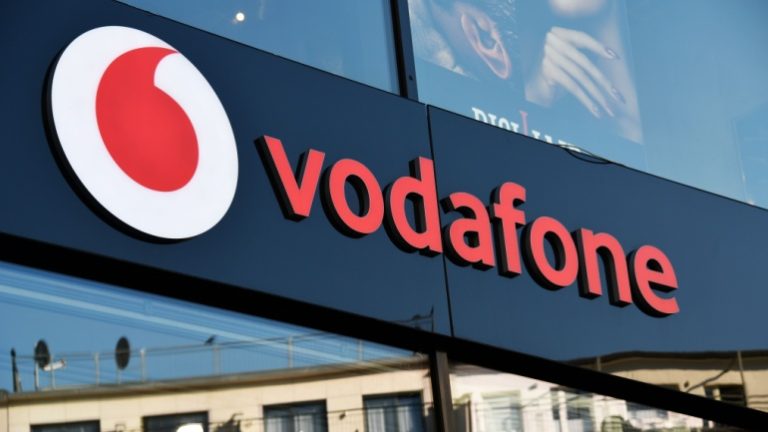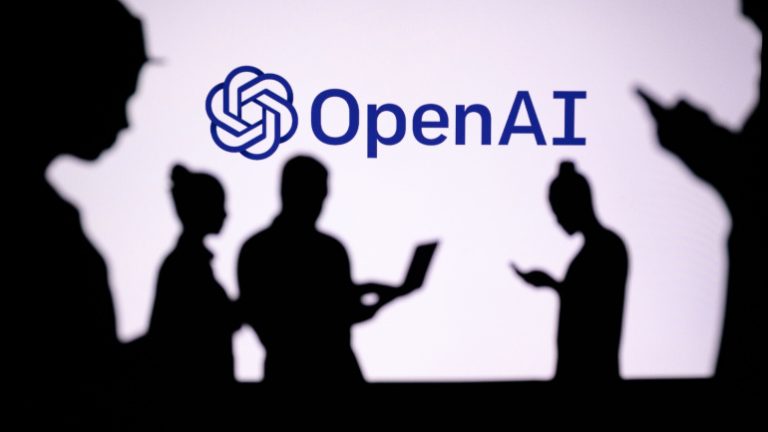
AT&T has been named the most commonly impersonated brand in phishing attacks, according to a global report published by Cloudflare. The report identifies the top 50 brands most commonly impersonated by phishing URLs, based on data gathered by Cloudflare’s machine learning and data analysis tools.
The telecommunications powerhouse came in first, followed by PayPal and Microsoft. Cloudflare, which aims to build a better internet by delivering security, performance, and reliability services, discovered that the most frequently impersonated businesses were banking, technology, and telecommunications.
Phishing is the fastest-growing online crime, endangering both consumers and companies. By impersonating trusted sites, attackers attempt to obtain sensitive information such as usernames, passwords, credit card numbers, bank and cryptocurrency account details, or other sensitive data. They use an email, text message, or mistyped website link that appears to be from a well-known brand to dupe their victims.
Cloudflare, which protects roughly 20% of all websites worldwide, also stated that in 2022, its email security solution prevented 2.3 billion unsolicited emails from reaching inboxes. As a result, the company’s machine learning and data analysis capabilities provide it with unique insight into the phishing domains that internet users most often click on. This enables Cloudflare to safeguard its zero-trust customers proactively.
Cloudflare’s study methodology employed 1.1.1.1 DNS resolver resolution data to identify the domains linked to the most frequently visited phishing URLs. Any shared service domains that could not be validated as phishing attempts were excluded from the dataset. The conclusions of the analysis, as well as the most frequently used domains for phishing those brands, can be seen on Cloudflare’s blog.
Cloudflare has announced new capabilities to provide clients with the most complete and effective phishing prevention available. Customers may detect and ban “confusable” domains automatically and instantly to better safeguard their business networks. Customers may also use Cloudflare Gateway to build zero-trust policies that restrict their workers from resolving or browsing these “confusable” or lookalike domains.




